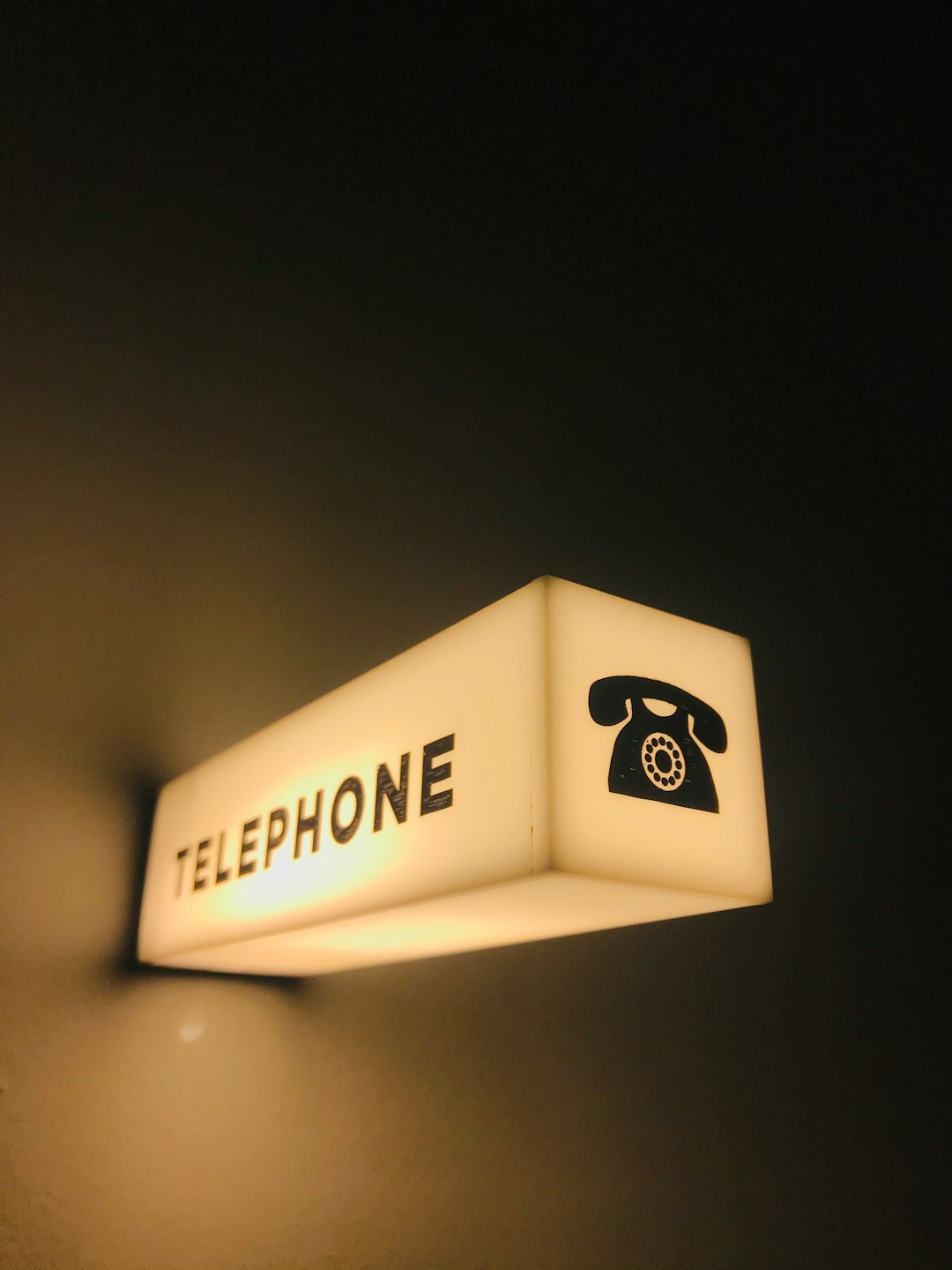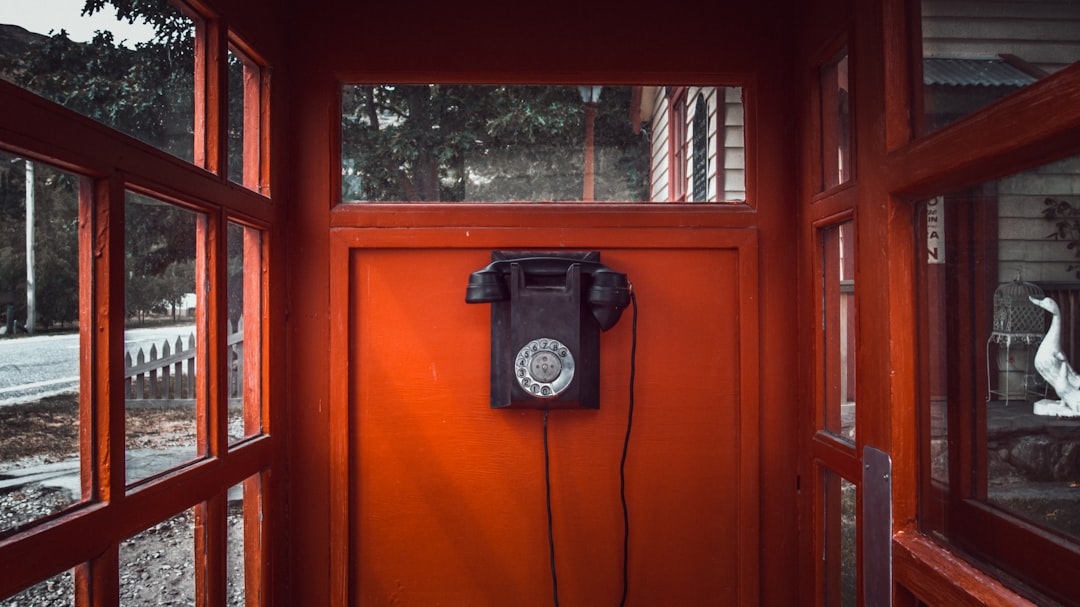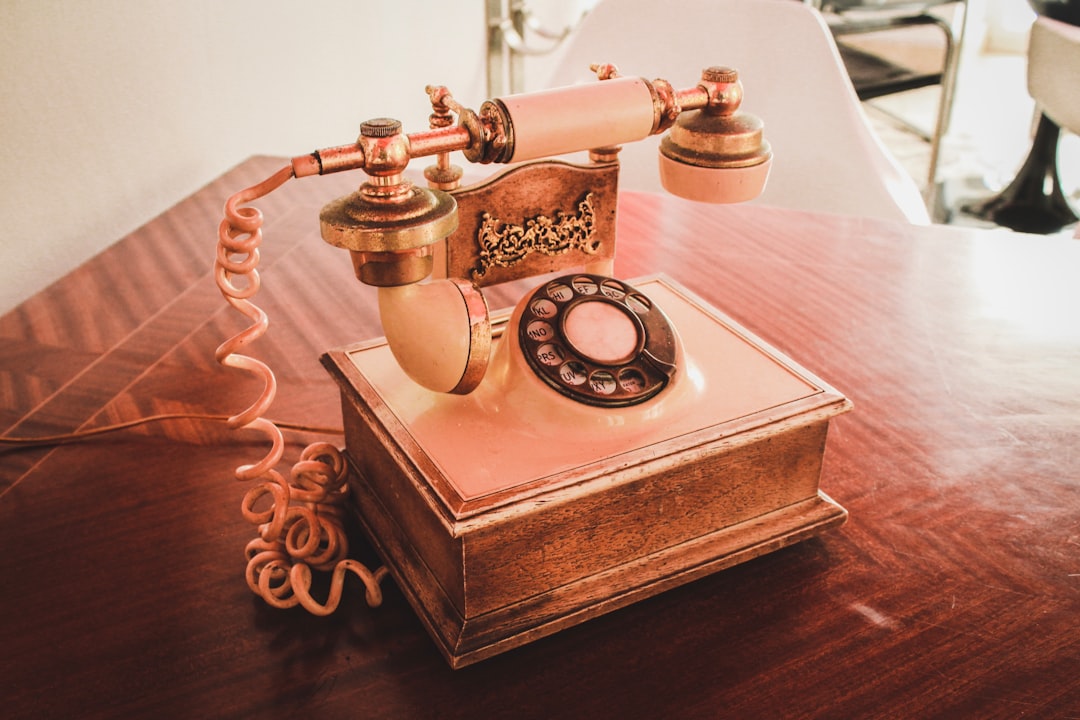In Minnesota, strict Do Not Call Laws protect residents from unwanted telemarketing calls. To comply, businesses must obtain prior consent and individuals can register on the state's official list. Violations lead to fines up to $10,000 per call. If a call occurs despite being on the Do Not Call list, save evidence like recordings and communications. Residents can file a lawsuit or complain to the Minnesota Attorney General's Office to stop unwanted calls and access remedies including damages and court orders.
In Minnesota, respecting consumer privacy is paramount, with strict regulations surrounding unsolicited phone calls. Do Not Call laws are designed to protect residents from unwanted telemarketing, yet violations occur. If you’ve been troubled by these calls, understanding your rights under Minnesota’s Do Not Call Laws is empowering. This article guides you through the process of filing a lawsuit for violations, outlining steps, requirements, and the rights and remedies available to ensure compliance with these crucial regulations.
Understanding Do Not Call Laws in Minnesota

In Minnesota, like many states, there are strict Do Not Call Laws in place to protect residents from unwanted telemarketing calls and sales pitches. These laws give Minnesotans the right to opt-out of receiving such calls by registering their phone numbers on the state’s official Do Not Call list. Understanding these laws is crucial for both consumers and businesses, as violations can lead to significant legal repercussions.
Businesses that make telemarketing calls or sell products and services door-to-door must comply with specific guidelines, including obtaining prior consent from recipients before making any contact. Failure to adhere to these rules results in Do Not Call Law violations, which not only anger consumers but also carry fines of up to $10,000 per call. Knowing their rights and responsibilities is essential for both parties to ensure compliance and avoid costly legal issues.
Filing a Lawsuit: Steps and Requirements

Filing a lawsuit for a Do Not Call violation in Minnesota involves several crucial steps and requirements. First, individuals or organizations that believe they’ve been violated must gather evidence, including recordings, texts, emails, or any communication indicating the call was made despite being on the state’s Do Not Call list. It’s essential to save all relevant information about the caller, such as phone numbers, names, and dates of contact.
Next, they must consult Minnesota’s consumer protection laws and regulations to understand their rights and available legal remedies. This may include seeking damages for each violation, a court order stopping future calls, or both. Individuals can file their lawsuit in a Minnesota state court, following the proper procedures for small claims cases or filing with the appropriate district court.
Rights and Remedies for Violations

When a caller violates Minnesota’s Do Not Call laws, residents have specific rights and available remedies. According to the Minnesota Attorney General’s Office, individuals who receive unwanted phone calls can file a complaint with the office. This act not only stops the nuisance calls but also empowers consumers to seek additional remedies.
If proven, a Do Not Call violation can lead to significant financial penalties for the offending party. The Minnesota laws allow affected residents to recover actual damages, which may include monetary compensation for their time and inconvenience. Moreover, courts can order perpetrators to cease all unwanted phone solicitations, providing much-needed relief from persistent or harassing calls.






